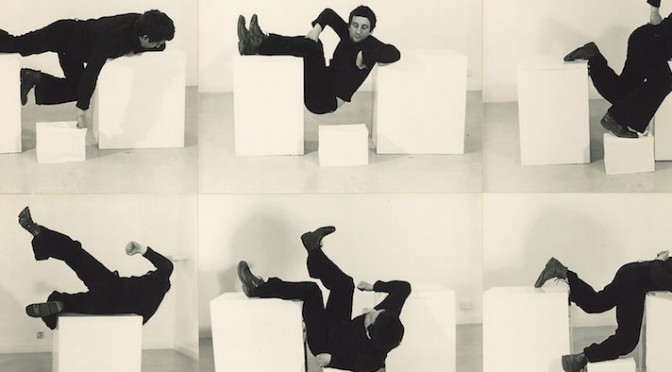
First session of the common epistemological seminar of CEFRES and IMS FSV UK, led by Filip Herza (FHS UK & CEFRES).
Texts:
1) Garland-Thomson, Rosemarie. 2002. “Integrating Disability, Transforming Feminist Theory”. Nwsa Journal 14 (3): 1-32.
2) Scott, Joan W. 1986. “Gender: A Useful Category Of Historical Analysis”. The American Historical Review 91 (5): 1053-1075.

4th session of CEFRES Seminar 2021-2022
Digital Games as Representations of the Past: The Central European Context
Hosted by:
Jan Kremer, Phd-fellow at CEFRES and at the Faculty of Education, Charles University
When: November 10th, 2021 at 4:30 pm
Where: CEFRES and online (to register please mail to claire(@)cefres.cz)
Language: English
Jan Kremer will present historical game studies as a part of a broader field of public history. The paper will deal with historical games as a fluid research subject, it will introduce main analytical methods and strategies. Jan Kremer as a medievalist writing his PhD thesis on digital medievalism will further examine ludic representations of the Middle Ages focusing on Central European digital games production in the context of regional historical culture.
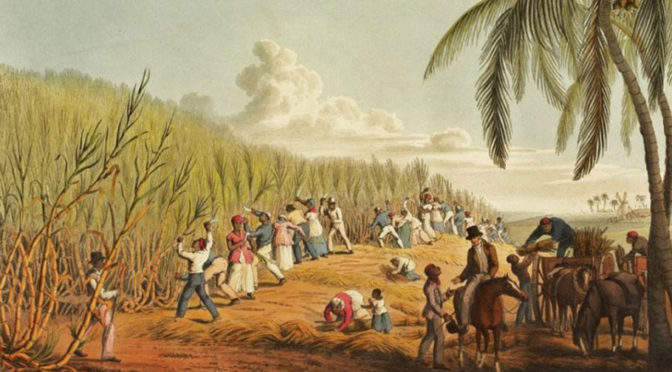
The 4th session of the Franco-Czech Historical Seminar organized by Institute for Czech History of the Faculty of Arts, Charles University (FFUK), in collaboration with CEFRES will be hosted by:
Bernhard Struck (CEFRES, University of St Andrews)
Topic: Did Prussia Have an Atlantic History or How to Write a Global History of 1772? Reflections on Modern Europe in a Transnational Perspective
Where: Faculty of Arts of Charles University, nám. J. Palacha 2, Prague 1, room 201
To register, contact: jaroslav.svatek(@)ff.cuni.cz
When: November 26, Thursday 9:00-10:30
Language: French
This session is organised by Jaroslav Svatek et Martin Nejedly in the frame of the Franco-czech historical seminar. To see more information, visit the website of the Faculty of Arts.
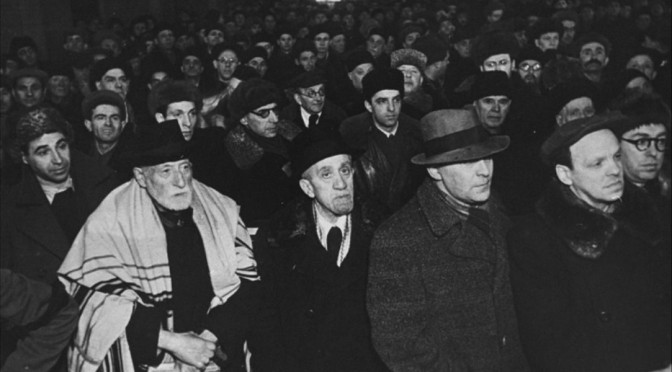
A lecture by Professor Yaacov Ro’i (Tel Aviv University)
Where: CEFRES library
Language: English
Professor Yaacov Ro’i from the Cummings Center for Russian and East European Studies at the Tel Aviv University is a leading expert on history of Jews in the Soviet Union. Among his recent publications are however also books on Islam in the postwar Soviet Union.
The lecture will be followed by a workshop during which Dr. Kamil Kijek, Dr. Kateřina Čapková and Dr. Stephan Stach will present their projects on postwar history of Jews in Poland and Czechoslovakia. Basis of the workshop will be a discussion of their texts under the leadership of Prof. Ro’i.
To take part in the workshop following the lecture of Prof. Ro’i, please write to capkova@usd.cas.cz.
The event is co-organized by the Institute for Contemporary History, Czech Academy of Sciences and by CEFRES.
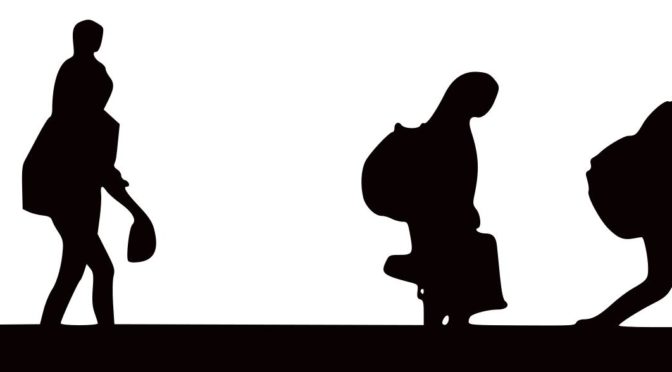
The third session of IMS / CEFRES Epistemological seminar will be hosted by:
Mert Koçak (PhD candidate at CEU / associate at CEFRES)
Topic: Deservingness as a Means of Transnational Governance of Displacement, Sexuality and Gender Identity: Queer Refugees in Turkey
Organisers: Jérôme Heurtaux (CEFRES), Claire Madl (CEFRES), Tomáš Weiss (FSV UK) and Mitchell Young (IMS FSV UK)
Where: on line
To register, please contact: claire(@)cefres.cz
When: Wednesday, October 25th, 4:30 pm- 6:00 pm
Language: English
Reading:
- Sébastien Chauvin & Blanca Garcés-Mascareñas : Becoming Less Illegal: Deservingness Frames and Undocumented Migrant Incorporation” Sociology Compass 8/4 (2014): 422–432.
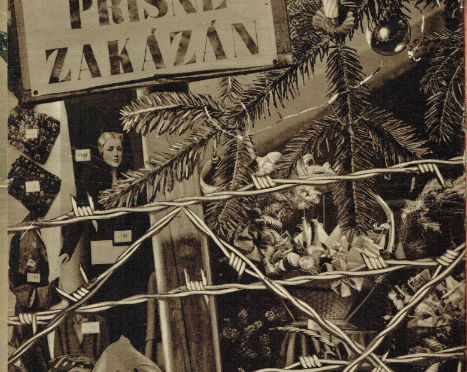
The 7th session of FSV / CEFRES seminar “Reflecting on Crises” will be hosted by:
Fedora Parkmann (Insitute of Art History, Czech Academy of Sciences / CEFRES)
Topic: Denouncing the Economic Crisis through Photography
Where: online.
To register, please contact the organizers: maria.kokkinou@cefres.cz
When: Wednesday, November 18th, 12:30-1:50pm
Language: French
As part of the seminar:
“Enjeux contemporains : Penser les crises” / Current Issues. Reflecting on Crises
organized by Maria Kokkinou (CEFRES / UK) and Jérôme Heurtaux (CEFRES)
Presentation of the seminar:
The crisis has the wind in its sails: due to the appearance and extensive spread of Covid-19 in 2020, this concept has regained a world-wide attention, last observed during the financial crisis of 2009. Apart from these spectacular moments of global turmoil, we can no longer count the events or phenomena that are described as crises.
A concept inextricably linked to modernity, a “crisis” (pre)occupies our societies in all its dimensions. The polysemic uses of the term and its very topicality prompt us to revisit this concept, its different meanings and uses. This seminar course is devoted to this task. It will involve the intervention of researchers from various disciplines – political sociology, history, art history, anthropology, philosophy, etc.
What realities are qualified as “crises” and in which ways are they critical? What is a crisis and how to explain its emergence? How does a crisis unfold, what are its effects and consequences? Why do crises give rise to conflicts of interpretation over their meaning? Is the notion of crisis a central operator of our modernity and a key to understanding the challenges that contemporary societies face?






